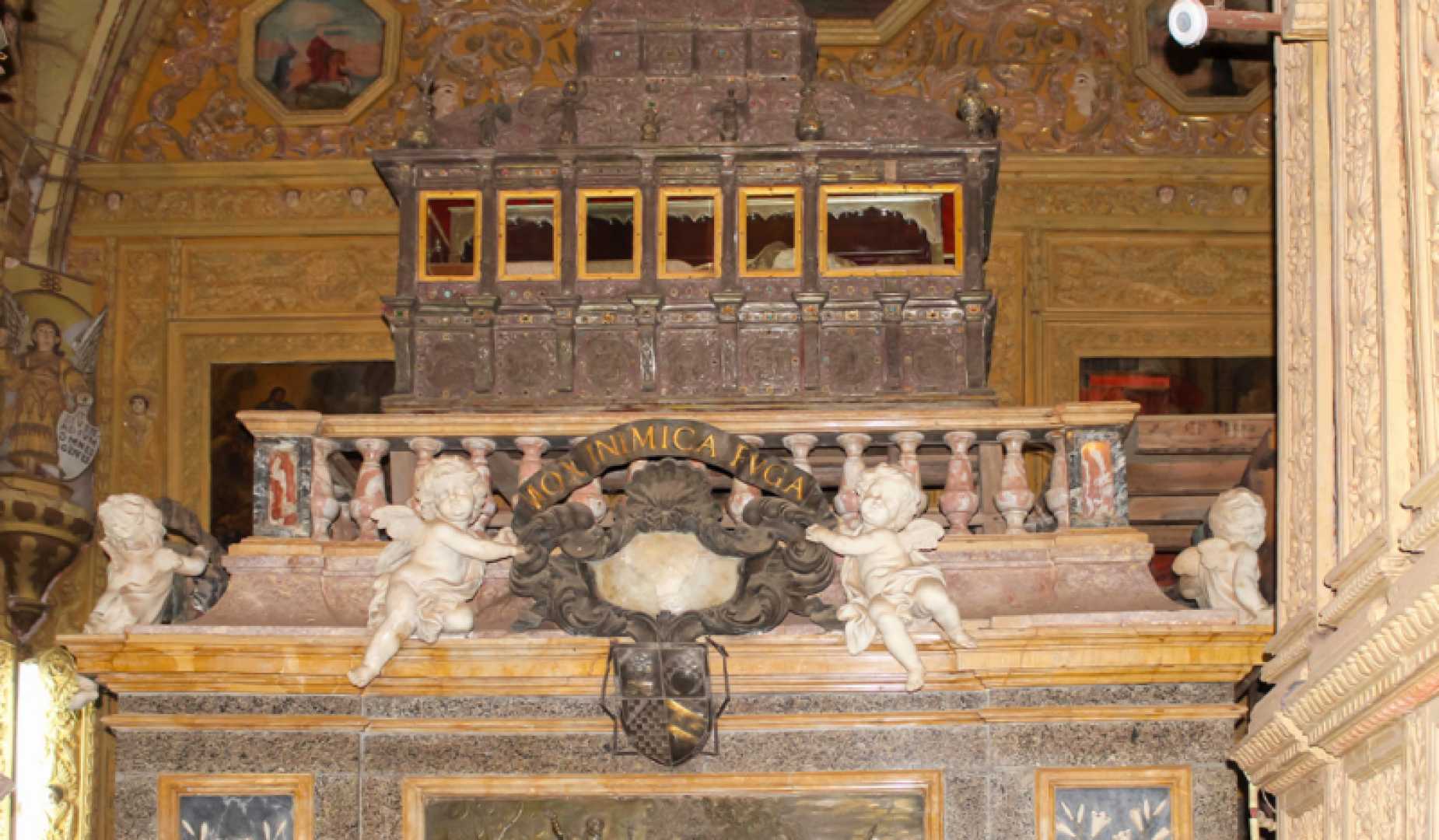News
Controversy Over Saint Francis Xavier’s Relics in Goa Raises Questions on Faith vs. Science

The centuries-old dispute over the remarkably preserved relics of Saint Francis Xavier in Goa has once again taken center stage, following remarks by Subhash Velingkar, a former head of the Goa RSS. Velingkar’s call for a DNA test on the relics has sparked protests and reignited a debate over faith versus scientific inquiry. The relics are set to be displayed in a few weeks, intensifying tensions in the region.
Saint Francis Xavier, a revered figure in the Christian community, passed away in 1552. His body, however, has remained unusually preserved, a phenomenon attributed by many believers to divine intervention. The forthcoming display of the relics has traditionally been a time of pilgrimage and reflection for many, but this year it is overshadowed by controversy.
Subhash Velingkar’s demands for a DNA test on Saint Francis Xavier’s relics have not been well received by all. Velingkar is now facing charges for “hurting religious sentiments” due to his controversial comments. The legal proceedings add another layer to the already complex issue surrounding the authenticity and preservation of the relics.
The Goa Government has yet to respond to these developments, while community leaders call for calm and understanding. This situation underscores a larger conversation about the intersection of faith, history, and science, as each side presents different interpretations and motivations.
This particular episode points to a broader dialogue on how ancient relics are understood and revered in modern times. Supporters of the relics argue that they are a testament to Saint Francis Xavier’s holiness and a matter of faith, whereas opponents suggest that scientific examination could unveil historical truths.












